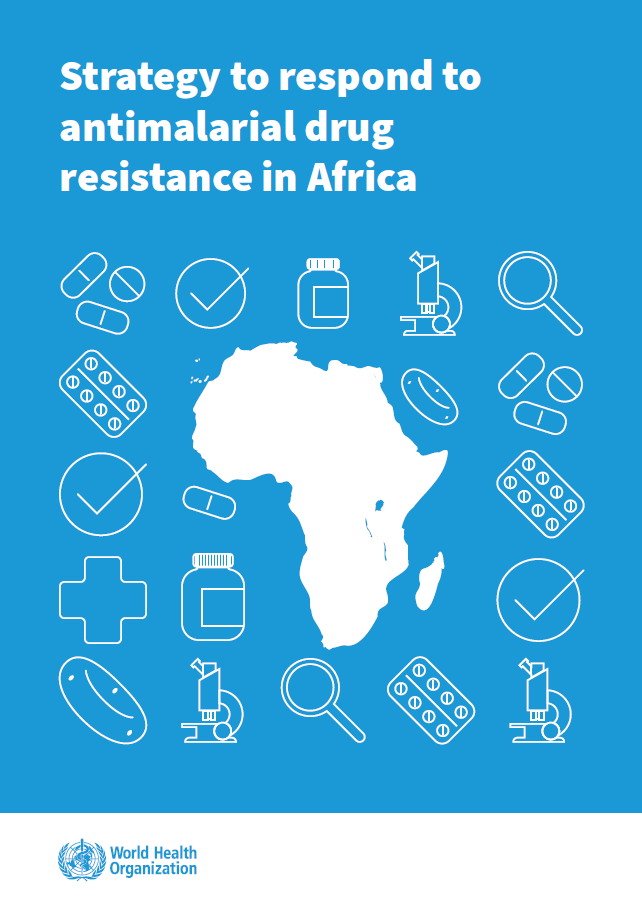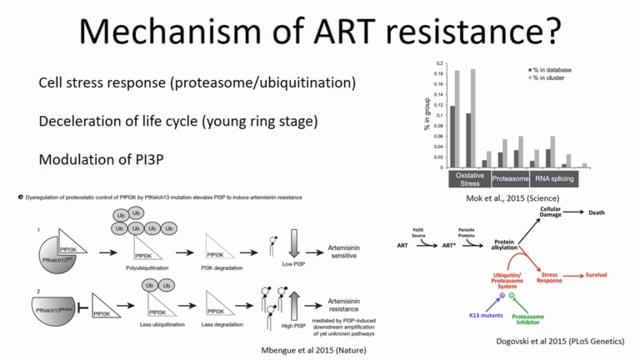Last Updated: 12/07/2023
The role of ubiquitin in malaria artemisinin resistance
Objectives
To identify and characterize global ubiquitin chain linkages in Plasmodium falciparum malaria parasites upon dihydroartemisinin (DHA) treatment.
Malaria kills over half a million individuals per year globally, attributable mostly to the parasite Plasmodium falciparum. The World Health Organization recommends artemisinin-based combination therapies as first-line treatment for falciparum malaria. Alarmingly, the emergence of artemisinin-resistant malaria parasites across the world threatens antimalarial therapeutic efficacy. Parasite replication within red blood cells is responsible for all clinical symptoms, and untreated malaria infections can lead to blockage in microcapillaries and subsequent cerebral malaria as well as inflammation in the heart and subsequent heart failure.
This study addresses an important problem with significant impact on cardiovascular and brain health. Most genes in P. falciparum are developmentally regulated. Thus, ubiquitination, a post-translational modification, may be a strategy used to respond to dihydroartemisinin (DHA), the active metabolite of artemisinin, in a timely manner. Ubiquitin is available as a polyubiquitin protein of five tandem ubiquitin repeats. A variety of ubiquitin chains, which dictate localization and fate, can be attached to target proteins. Lys48-linked ubiquitin chains target proteins to the proteasome for degradation, and an accumulation of these ubiquitin chains is a hallmark of proteasome dysfunction. It was observed that the accumulation of Lys48-linked ubiquitination in DHA-treated parasites was exacerbated in proteasome mutants. Of note, mutants with increased ubiquitination were also sensitized to DHA. These data place the proteasome and associated ubiquitination processes squarely within pathways affected by artemisinin. The role of specific ubiquitin marks and the polyubiquitin protein in artemisinin resistance will be investigated using targeted gene editing followed by drug susceptibility and proteasome activity assays. Localization and half-life of polyubiquitin will also be examined. Proteasome inhibitors of various chemotypes are in development, in part due to our work showing their promise. But, there are no antimalarial candidates targeting ubiquitin processes. The project hopes to change that with the knowledge that comes out of these studies. This research is in line with the AHA mission to be a relentless force for a world of longer, healthier lives.
Apr 2023 — Mar 2026
$231,000


